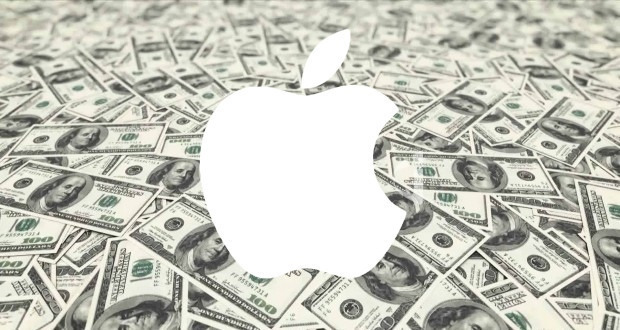G20 countries agree to work on new rules to curb corporate tax loopholes
The coalition of countries known as the G20 will be working to make tech companies like Apple and Google pay a fairer amount of tax, after agreeing there is a need to implement new tax rules to prevent major organizations from working around existing laws to pay as little tax as possible.
Agreed in principle on Sunday, the finance ministers of G20 countries agreed to create a list of common rules to eliminate tax loopholes currently abused by tech companies to reduce their corporate taxes. At the summit at Fukuoka, Japan, the agreement consists of "two pillars" that could change how taxes are calculated for the targeted firms.
The first pillar, Reuters reports, is to divide the rights to tax a firm based on where its goods and services are sold in the world, regardless of where its headquarters are based, or even if the company doesn't have any presence in the country at all.
The second measure, if the first is worked around by the firm somehow, addresses the use of so-called tax havens, by the application of a global minimum tax rate. No actual figures have been determined for each at this time.
"We welcome the recent progress on addressing the tax challenges arising from digitization and endorse the ambitious program that consists of a two-pillar approach," a communique from the G20 stated. "We will redouble our efforts for a consensus-based solution with a final report by 2020."
Japanese Finance Minister Taro Aso, who also acted as chair for the meetings, advised "I feel we need both pillars at the same time for this to work. The proposals are still a little vague, but they are gradually taking shape."
While there is a consensus on the agreement, there is still some unrest between the United States, the United Kingdom, and France, with the former's government concerned that US-based firms will be unfairly targeted in the tax code updates. "The U.S. Has significant concerns with the two corporate taxes proposed by France and the UK," said U.S. Treasury Secretary Steven Mnuchin on Saturday.
A number of key EU countries recently blocked a draft proposal of tax reform that would have affected firms operating within the European Union, but that hasn't stopped individual countries from seeking their own changes.
Apple is largely expected to be a major target for the tax reform, as evidenced by an EU investigation that ruled it didn't pay enough tax to Ireland, prompting a payment of $15 billion to the country. Both the Irish government and Apple are contesting the ruling by the European Commission.
Apple CEO Tim Cook has maintained Apple pays "all the taxes we owe," and that it even follows "the spirit of the laws."
 Malcolm Owen
Malcolm Owen











 Andrew Orr
Andrew Orr
 Wesley Hilliard
Wesley Hilliard
 Amber Neely
Amber Neely

 William Gallagher
William Gallagher










